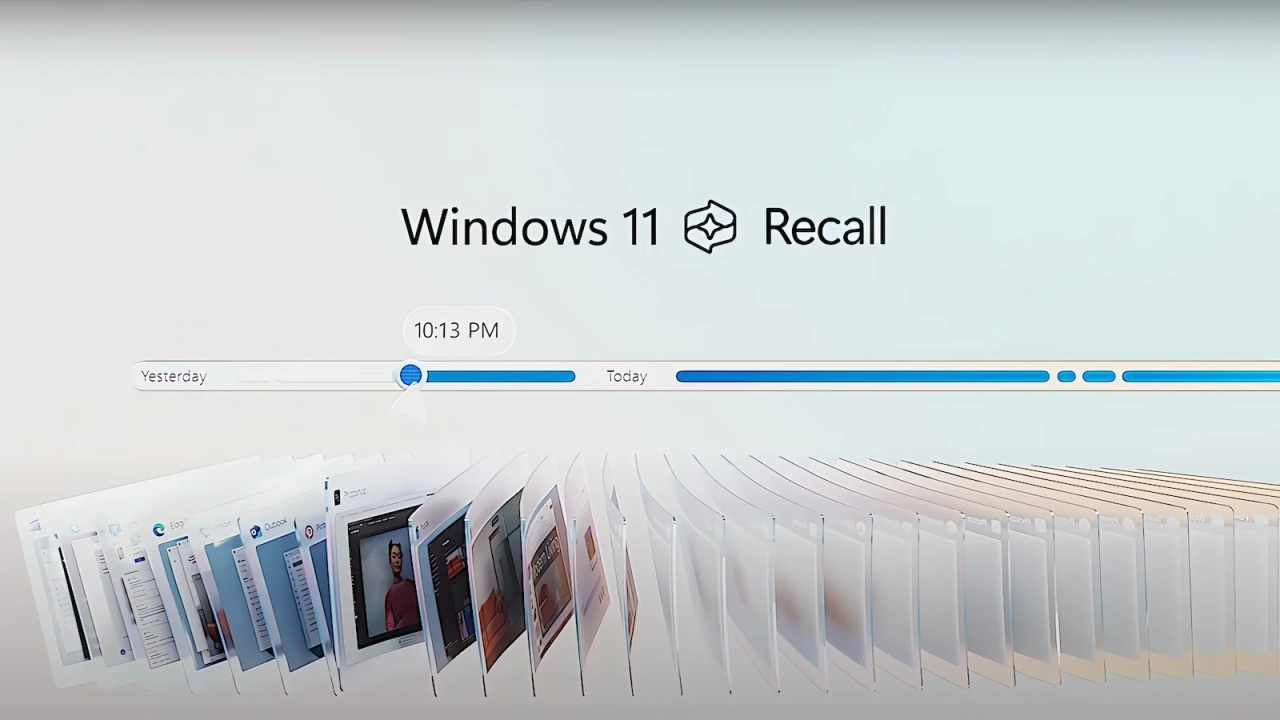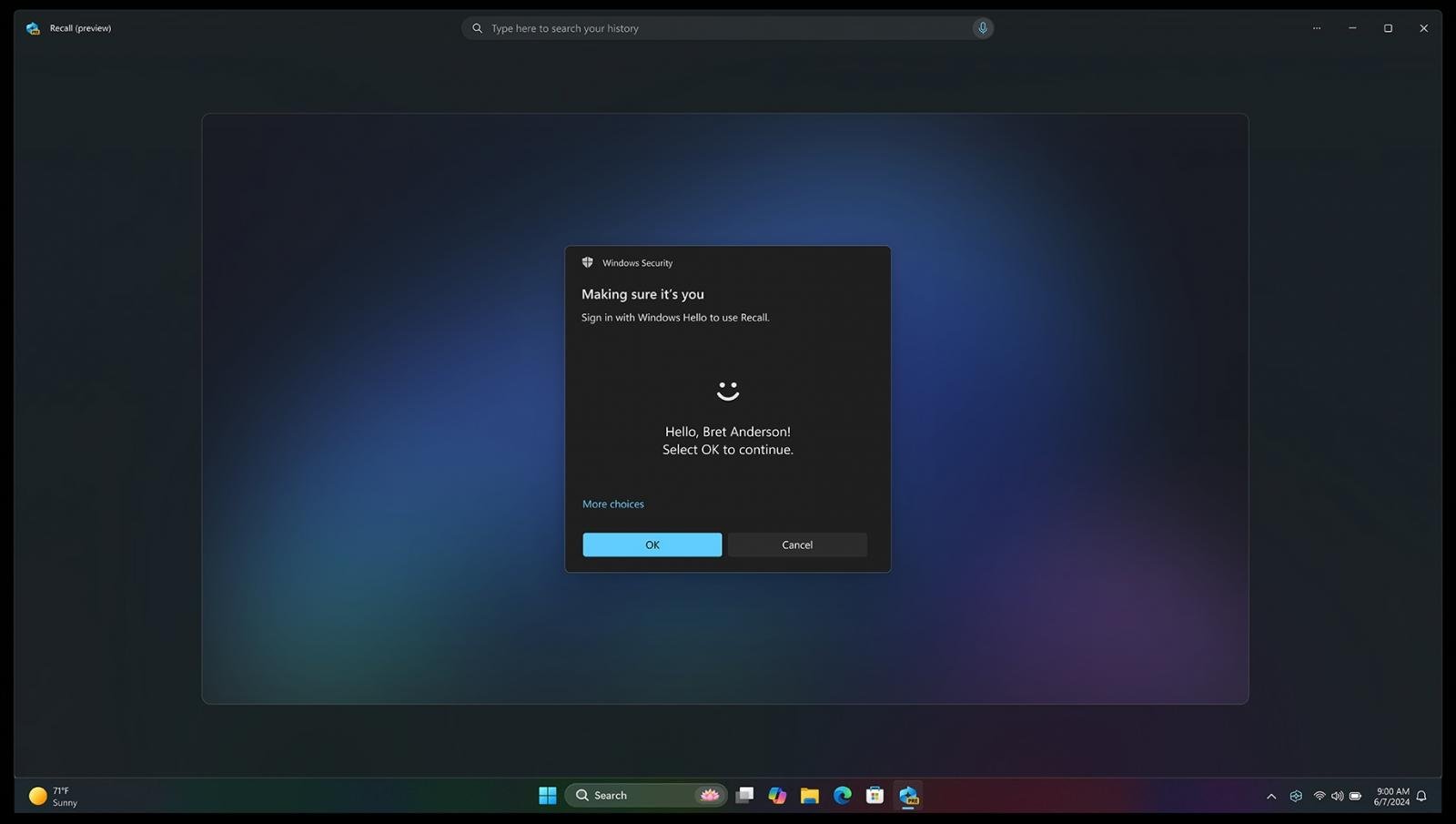Microsoft delays Windows Recall amid privacy and security concerns
Microsoft is delaying the release of its AI-powered Windows Recall feature to test and secure it further before releasing it in a public preview on Copilot+ PCs.
Initially slated for release in a public preview on June 18 with the arrival of the new Copilot+ AI PCs, the company now says they are delaying its release by making it first available for preview with Windows Insiders.
"Recall will now shift from a preview experience broadly available for Copilot+ PCs on June 18, 2024, to a preview available first in the Windows Insider Program (WIP) in the coming weeks, " reads an update to a recent Windows Recall blog post.
"Following receiving feedback on Recall from our Windows Insider Community, as we typically do, we plan to make Recall (preview) available for all Copilot+ PCs coming soon."
This update comes on the same day as a scathing report from ProPublica about how Microsoft put revenue above security and Microsoft President Brad Smith's meeting with the US Congress to discuss the company's recent security failures.
The new AI-powered feature takes screenshots of every active window on your PC every couple of seconds. These screenshots are then analyzed by an Azure AI model that runs on the device to pull information from the image and add it to a SQLite database.
The feature allows you to perform human language searches for extracted data, with Windows Recall pulling up the screenshots for the searched terms, making it easy to find historical data.
Since Microsoft announced the feature, privacy advocates and cybersecurity experts have been warning that Windows Recall is a privacy nightmare and would likely be abused to steal users' data.
Microsoft said the feature would be enabled by default on new Copilot+ AI devices and encrypted using Bitlocker, claiming it made it safe from theft.
However, Bitlocker automatically decrypts the contents of a drive when a user logs in, making it accessible to malware and anyone with physical access to a device.
Cybersecurity expert Kevin Beaumont illustrated how existing information-stealing malware could be altered to steal the Windows Recall databases and screenshots for offline analysis and data theft.
Since then Beaumont continued to spearhead an effort to get Microsoft to pull, or at least "recall," the feature to secure it properly before it is launched.
Microsoft caved in and, on June 7, announced that they would be providing additional security by making Windows Recall an opt-in feature and encrypting the database until a user authenticates with Windows Hello when they open the app.
It is unclear what additional security measures Microsoft plans to build into the feature.
However, with how it was initially delivered without adequate testing and consideration of security, it will be a tough uphill battle for Microsoft to regain any trust related to this feature.



Comments